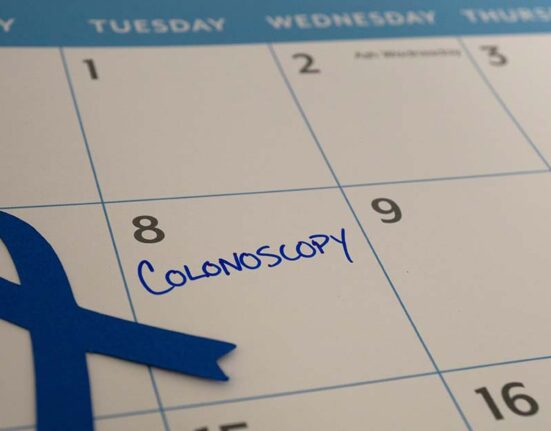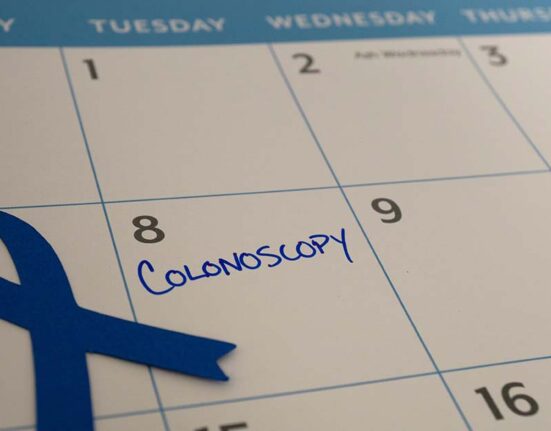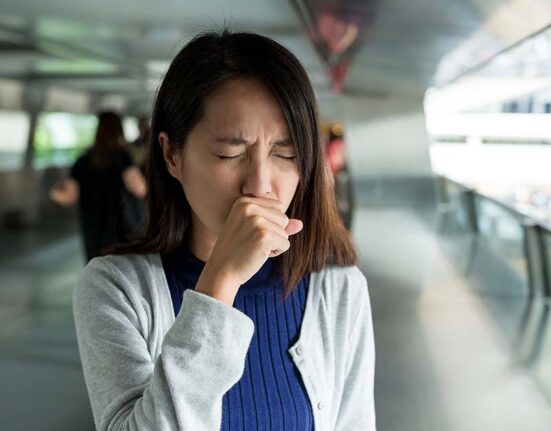Having kidney stones is a common condition affecting Singaporeans. It is estimated that up to 10% of Singaporeans will develop kidney stones in their lifetime.
Health365.sg interviews one of Singapore’s top urologists, Dr Fiona Wu, to learn more about the symptoms, diagnosis, and risk factors for kidney stones, and how we can reduce our risks of developing this painful condition. Read on to learn what insights Dr. Wu shared.
What Are Kidney Stones?
Kidney stones are formed in the kidney when urine is super saturated with certain substances such as calcium, oxalate or uric acid. These are the common substances that we see in kidney stones.
Are Sharp Pains At The Back And Abdomen Sides Symptoms of Kidney Stones?
Most urological patients only know they have kidney stones when they feel pain, usually at the side of the abdomen or at the back. When patients present with that kind of pain and when it is very severe, usually the first diagnosis will be kidney stones. There can be other diagnoses such as severe back pain secondary to musculoskeletal causes, or for right upper abdominal pain, it might be gallbladder inflammation.
A proper diagnosis to ascertain the cause of the pain is crucial before the doctor can help the patients.
What You Should Do If You Think You Might Have Kidney Stones
If you suspect that you have kidney stones either because of the pain at the back or abdomen, or if you pee out a little bit of blood, or if you have a history of renal stones, then you should see a urologist or at least, a family GP for a proper diagnosis.
Without a proper diagnosis and treatment for the kidney stones, patients may develop complications. For example, when the stones drop into the ureter (the tube linking the kidney to bladder), they can cause obstructions. Severe infection and pain can also result when urine is not able to flow past the stone. Patients may also have fever, nausea, and lethargy or confusion for the elderly.
Kidney Stone Diagnosis
When a urologist or doctor suspects that the patient has kidney stone, some basic investigations will be performed. For example, urine samples will be taken for testing for the presence of infection, blood, or crystals in the urine. Ultrasound can also be carried out to determine whether the kidneys are swollen. Kidney swelling will occur when the stones drop down and cause obstruction.
A definitive test for kidney stones will be either a CT scan (preferred) or X-ray of the abdomen. Even if the patient has already passed out a stone, there may still be remnant stones and this has to be ruled out before the patient can be discharged.
How To Lower The Risk Of Getting Kidney Stones?
There are a number of things we can do to lower our risk of developing kidney stones.
1. Stay Hydrated
Good hydration is the first step to reducing the chance of getting kidney stones. Due to the warm weather in Singapore, people should drink more water – ideally 1.5 to 2 liters or more.
2. Monitor Your Proteins And Oxalate Consumption
Next would be to avoid too much protein and oxalate intake as they make it easy for kidney stones to form. Patients should avoid the consumption of too much red meat and animal organs as these are high in oxalate content.
3. Reduce Salt Intake
High salt intake can also make it easy for kidney stones to form. Patients are often unaware that they are actually taking a lot of salt due to our local diet which is high in salt content. We should be mindful and reduce our salt intake.
4. Cut Down On Consumption Of Nuts
And another favorite of local patients is peanuts and other kinds of nuts. Because the calcium, protein and oxalate content can be quite high in nuts, we should be mindful and to moderate our intake of these foods.
5. Recommendations For Patients With Gout
Uric acid stone is another type of stone that is quite common in Singapore. Uric acid stone formation is usually linked to diet. Patients with gout should maintain good control of their uric acid levels by adhering to diets recommended for gout control. The “gout diet” is very similar to the kidney stone diet, and can help mitigate against the chances of kidney stones as well.
Interview With Dr Fiona Wu – Watch The Video

About Dr. Fiona Wu
Dr. Fiona Wu is a top urologist in Singapore. She is a Consultant Urologist and the Medical Director of Aare Urocare (at Gleneagles Hospital).
Prior to entering private practice, Dr. Wu served in the public sector for more than 15 years. Her experience in public service includes being a Consultant in the Department of Urology at the National University Hospital (NUH), Alexandra Hospital and Ng Teng Fong General Hospital.
Protect against cancer, cardiovascular disease, and other chronic diseases with regular health screening. Compare and shop for health screenings from Singapore and regional healthcare providers at a single convenient platform - shop.health365.sg
This article is informative only and is not intended to be a substitute for professional medical advice, diagnosis, or treatment, and should never be relied upon for specific medical advice.
























































